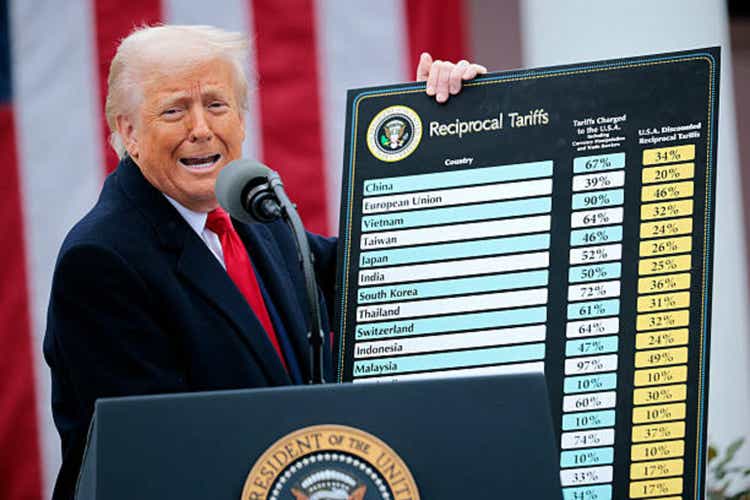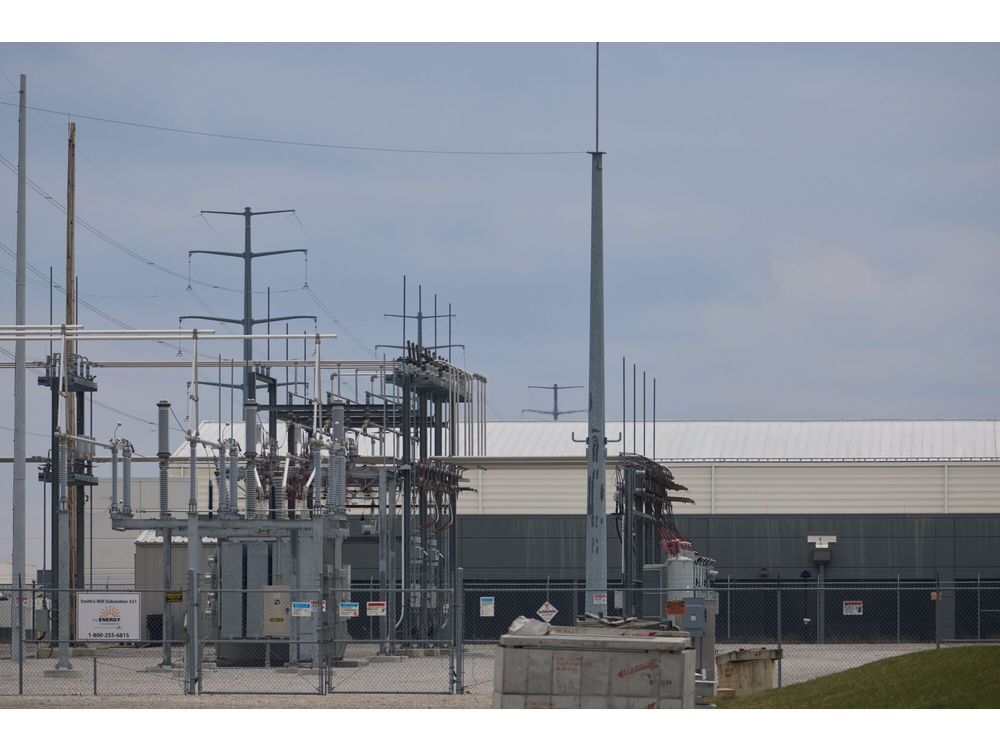PROTECT YOUR DNA WITH QUANTUM TECHNOLOGY
Orgo-Life the new way to the future Advertising by AdpathwayUS President Donald Trump has issued letters to 14 countries, warning them of fresh import tariffs that will come into force from August 1 unless they agree to new trade deals with the United States. The letters, shared via Trump’s social media platform Truth Social, outlined revised tariff rates—many of which are lower than those announced in April. A few, however, have gone up slightly.
Trump also warned that if any country retaliates by raising their own import duties, the United States would impose even higher tariffs in response.
Also Read:Donald Trump warns of 10% duty on BRICS nations 'pretty soon'
Southeast Asian nations see mixed rates, open to talks
Myanmar, Laos, Cambodia, and Thailand are among the Southeast Asian nations affected. Myanmar will face a 40 per cent tariff, lower than the 44 per cent announced in April. Laos also saw a cut from 48 per cent to 40 per cent. Cambodia’s tariff rate was dropped significantly to 36 per cent from 49 per cent, prompting its chief negotiator Sun Chanthol to urge calm among garment workers and factory owners, saying the country is ready for further talks. Thailand, on the other hand, retained its earlier tariff of 36 per cent. Its Deputy Prime Minister said a fresh trade proposal has been sent to Washington, which includes access for more US agricultural and industrial goods.
Bangladesh, now facing a 35 per cent tariff instead of 37 per cent, voiced concern over losing competitiveness to nations like Vietnam and India. Finance adviser Salehuddin Ahmed expressed hope for better terms through negotiations. In contrast, India was not among the 14 countries listed for this round of tariffs.
Also Read:Meet Tesla CFO Vaibhav Taneja, now selected as Treasurer of Elon Musk's 'America Party'
Eastern Europe and Central Asia respond cautiously
Serbia and Bosnia and Herzegovina will be subject to 35 per cent and 30 per cent tariffs respectively, both reduced from earlier levels. Serbia is known for its IT services and tyre exports, while Bosnia sends ammunition and weapons to the US. Kazakhstan, which exports oil and uranium, will now face a 25 per cent tariff, slightly lower than the 27 per cent announced earlier.
Mixed reactions from key US allies in Asia
Japan and South Korea, two of America’s major trading partners, saw unchanged or marginally increased tariff rates. Japan will now face a 25 per cent tariff, up from 24 per cent. Prime Minister Shigeru Ishiba termed the move “regrettable” but acknowledged it leaves space for negotiation. South Korea’s tariff remains at 25 per cent. The country’s Trade Ministry said it is fast-tracking talks with the US to secure a deal before August 1.
Africa and the Middle East look to diplomacy
South Africa retained its 30 per cent tariff rate. President Cyril Ramaphosa’s office said the tariff announcement misrepresented their trade relationship but stressed the importance of diplomacy, citing a proposal already sent to Washington. Tunisia’s tariff was reduced from 28 per cent to 25 per cent. The country, which exports clothing, nuts, and fats to the US, has not yet responded.
Malaysia to hold cabinet meeting over revised rate
Malaysia, which exports electronics and electrical items, saw its tariff raised slightly to 25 per cent from 24 per cent. The government has said it will engage the US in discussions, with a cabinet meeting scheduled for Wednesday to decide the way forward.
As the deadline approaches, many countries are expected to push for trade deals that can either avoid the tariffs or reduce them further. Trump’s letter campaign signals a renewed focus on what he calls “reciprocal” trade, a cornerstone of his broader economic policy.


 5 days ago
1
5 days ago
1










 English (US) ·
English (US) ·  French (CA) ·
French (CA) ·  French (FR) ·
French (FR) ·